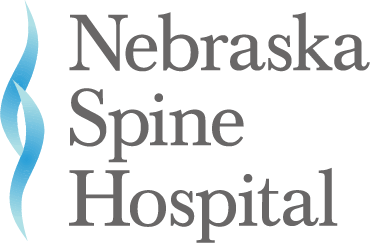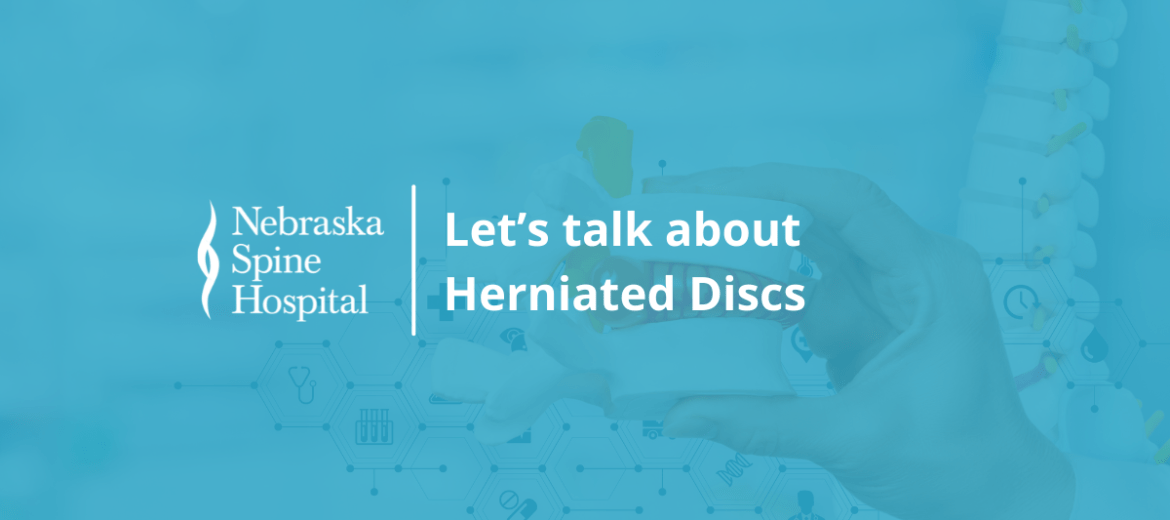
What Is a Herniated Disc?
You often hear words associated with a herniated disc like “pinched nerve”, “ruptured disc” or “bulging disc”, but they are essentially talking about the same thing. Spinal discs are the small cushions between the individual bones, or vertebrae, that collectively make your spine. When a disc is herniated, it means that the soft middle part has pushed its way through a crack in the tougher outer area of the disc.
While some people with a herniated disc might not experience any pain or negative side effects, other patients suffer debilitating pain and require medical treatment. The good news is that most people who suffer from a herniated disc don’t need spinal surgery.
So How Do I Know If I Have a Herniated Disc?
Turns out, you may not. Herniated discs can be seen on X-rays of patients who have no symptoms or pain associated with a disc problem. Patients who do experience pain as a result of a herniated disc will usually feel it in their lower back, medically referred to as the lumbar spine. However, these patients might also feel pain or discomfort in their neck, medically referred to as the cervical spine.
Possible Symptoms of a Herniated Disc:
Weakness: Patients with a herniated disc may stumble, or have a hard time lifting and holding heavier items. This is because the muscles used by the impacted area are weakened.
Pain in the Arm or Leg: If the herniated disc is located in the lumbar spine
(lower back), the patient will very often feel the majority of their pain in the buttocks, thigh, and down to the calf. The pain can travel as far down as the foot.
If the herniated disc is located in the cervical spine (neck), the pain will usually be more intense in the shoulder or through the arm of the affected side. Patients will typically experience shooting pain when coughing or moving into certain positions.
Numbness and Tingling: A herniated disc can cause tingling or numbness in the affected limbs.
Causes of Disc Herniation: The average herniated disc is caused by everyday, gradual wear on the spine which we refer to as disc degeneration. Spinal discs slowly lose their water content over the years, which renders the discs less flexible and therefore more apt to rupture or tear. This can occur even with minor strain. Some cases can also be caused by improper lifting techniques, a fall, or other spinal trauma.
According to the Mayo Clinic, the following factors can increase the risk of disc herniation:
- Weight. Excess body weight causes extra stress on the discs in your lower back.
- Occupation. People with physically demanding jobs have a greater risk of back problems. Repetitive lifting, pulling, pushing, bending sideways, and twisting also may increase your risk of a herniated disc.
- Genetics. Some people inherit a predisposition to developing a herniated disk.
For more information about disc herniation symptoms and treatments, please call us and set up an appointment: 402-572-3000.

